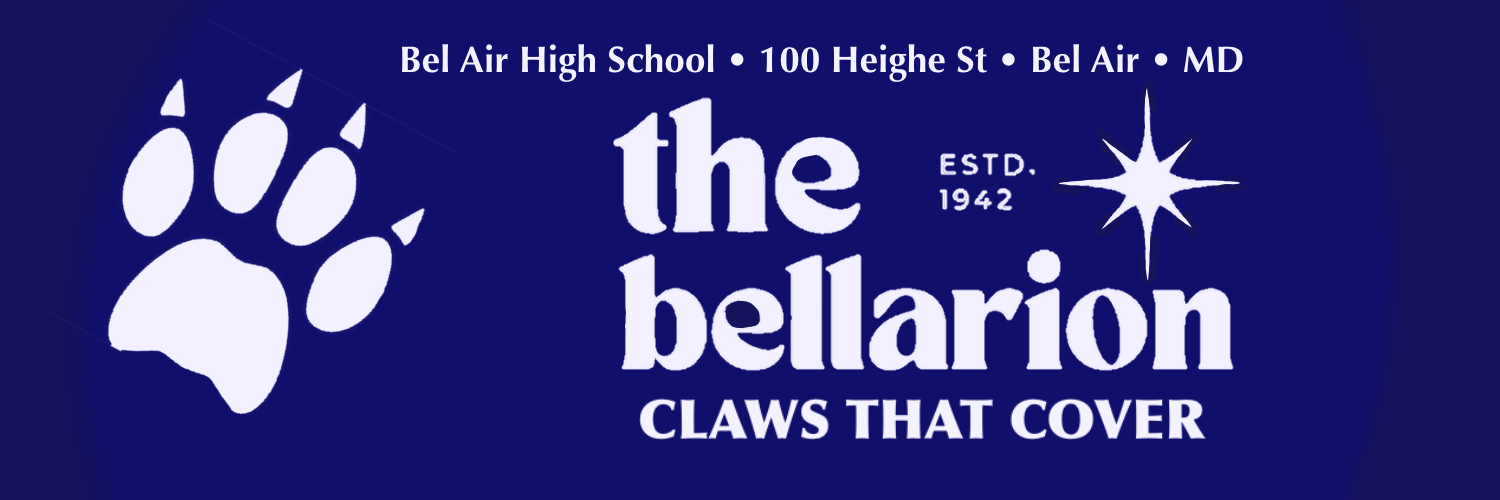The Impact of Light Pollution
December 2, 2016
There are many types of pollutions effecting our environment. Air, water, and thermal are the three most commonly known, but what about light pollution? Your response many be, “Big deal, how could light have a negative effect on the environment?”
Light pollution, also called photo-pollution, is excessive, misdirected or obtrusive artificial light. It compromises health, disrupts ecosystems and spoils aesthetic environments. According to the International Dark-Sky Association, plants and animals depend on Earth’s daily cycle of light and dark rhythm to govern life-sustaining nourishment, sleep, and protection from predators and that artificial light at night has negative and deadly effects on many creatures including amphibians, bird, mammals, insects and plants. Artificial light causes baby sea turtles to die each year. Sea turtles live in the ocean but hatch at night on the beach. The hatchlings find the ocean by detecting the bright light from the moon on the water. Artificial lights draw them away from the ocean. Millions of turtle hatchlings die every year because of this.
Our night sky is also affected by light pollution. Have you ever gazed up at the sky on a clear night, but still don’t see any stars? It is probably because you live in an urban area that has office buildings and street lights on all night. I am an astronomer and it is frustrating that I can’t see the Milky Way from my own backyard. I asked Mr. Wit, a teacher here at Bel Air, “Where is the best location for stargazing?” He replied, saying, “Cherry Springs.” I looked it up to see how far it is from Maryland. Cherry Springs is six hours away in Coudersport, Pennsylvania, and it is the only NASA certified “dark spot” east of Mississippi.
Light pollution also affects migratory birds. The Fatal Light Awareness Program states: “Migrating and nocturnal birds will use the light from the moon and stars and the setting sun for navigation during their bi-annual migration. Light pollution hides their navigation aids.”
There are many simple ways that you can help decrease light pollution. Turing outside lights off when you don’t need them on at night, or putting a cover over the lights so that it doesn’t emit up into the sky. Think about areas around your house where you might have lights where they aren’t really necessary. Not only are you contributing to light pollution, but also increasing your electric bill.
Light pollution will definitely increase for the next month or two because of the holidays, with everyone putting up Christmas lights and other decorations.
If you want to really see how much the amount of lights in your neighborhood effect the night sky, then make everyone in your neighborhood turn all their lights off for one night and look up at the sky. How many stars can you see? More than you usually do, I bet. You might even be able to see the Milky Way.

